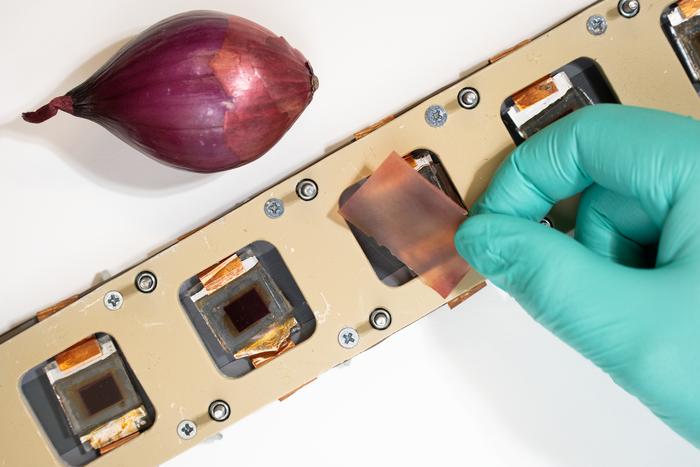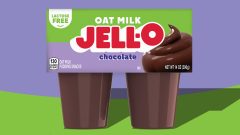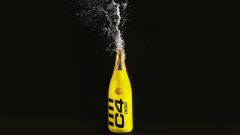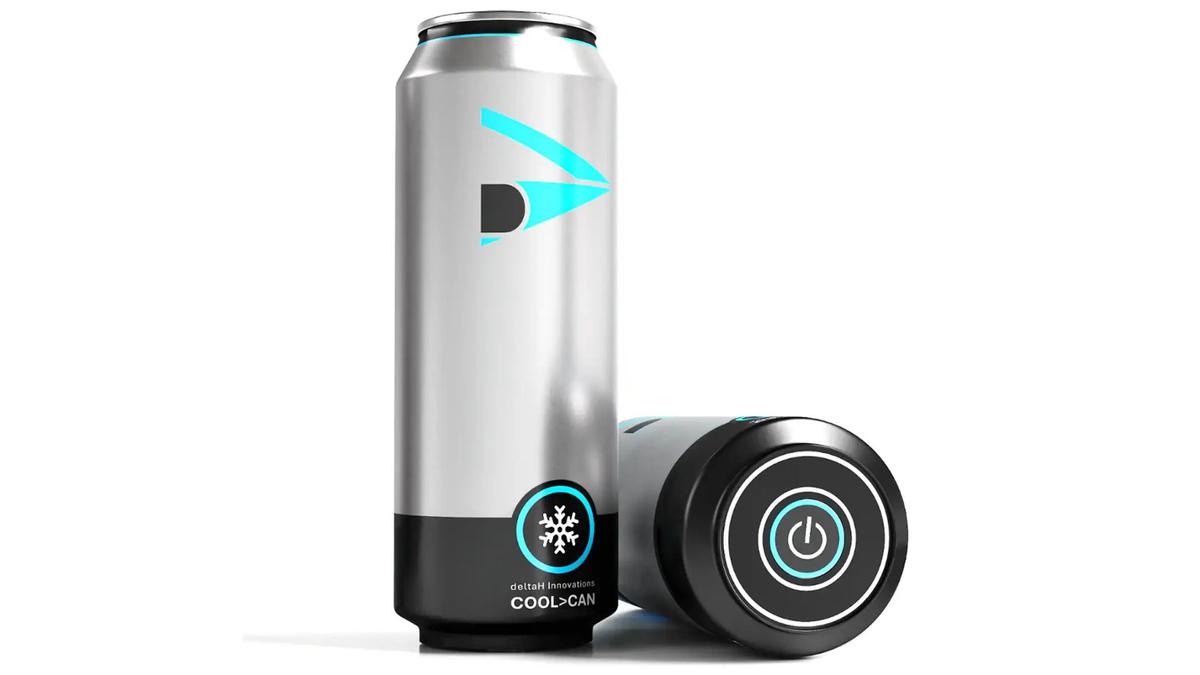Researchers Create Solar Panel Film Using Red Onions

A recent study showed red onion extract to be surprisingly resistant to ultraviolet light. According to EurekAlert, a peer-reviewed publication, researchers at the University of Turku, Finland, in collaboration with Aalto University and Wageningen University, took a comprehensive look at the long-term effects of various bio-based UV filters when infused with red onion skin extract.
Exposure to UV rays over extended periods degrades solar cells at a rapid rate. Protective films reduce degradation, allowing them to operate longer. The study aimed to find sustainable alternatives to traditional protective films, which are petroleum-based.
To do so, the team started by modifying nanocellulose film, a type of nanoscale biopolymer (or simply, a microscopic collection of naturally produced molecules), aiming to improve UV protection without sacrificing the material’s transparency.
The nanocellulose-based films demonstrated enhanced UV-blocking properties when infused with red onion skin extract. They even outperformed petroleum-based UV filters, achieving 99.9% UV absorption.
Researchers tested four different nanocellulose protective films that previously demonstrated UV-blocking properties, taking three of each to compare the effects of red onion skin extract vs lignin vs iron ions.
The team assessed long-term stability using artificial light for 1,000 hours, which simulated one year of outdoor solar exposure in a central European climate. The red onion extract exhibited superior UV resistance in all results, achieving over 80% transparency while retaining structural integrity during extended testing.
While further studies are needed to determine broader efficacy, researchers are confident that red onion skin extract can benefit other photovoltaic (the conversion of light into electricity) technologies. To read more about the study, click here.






















